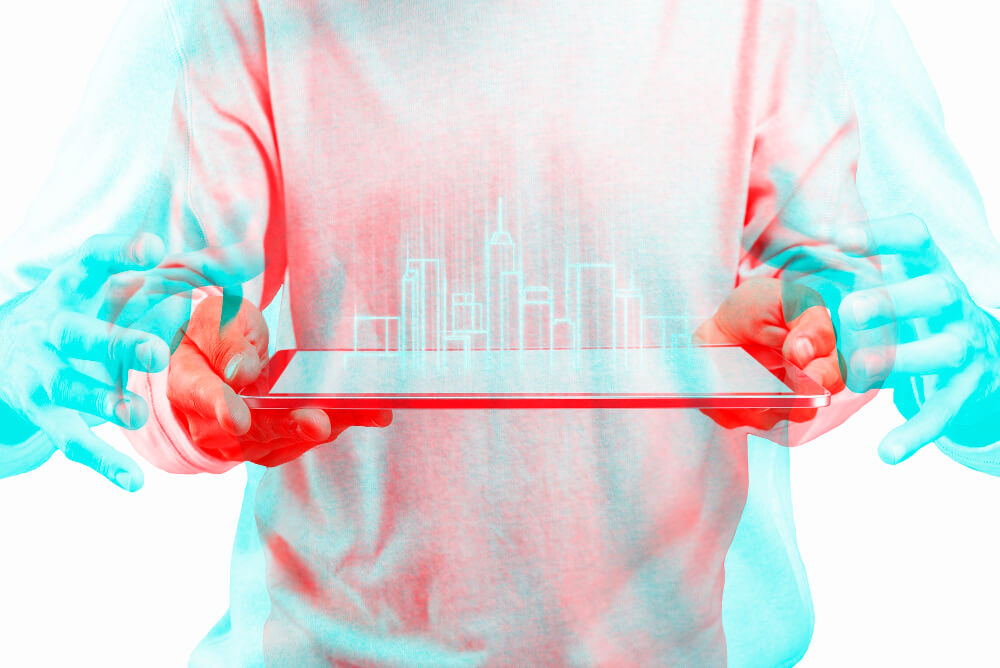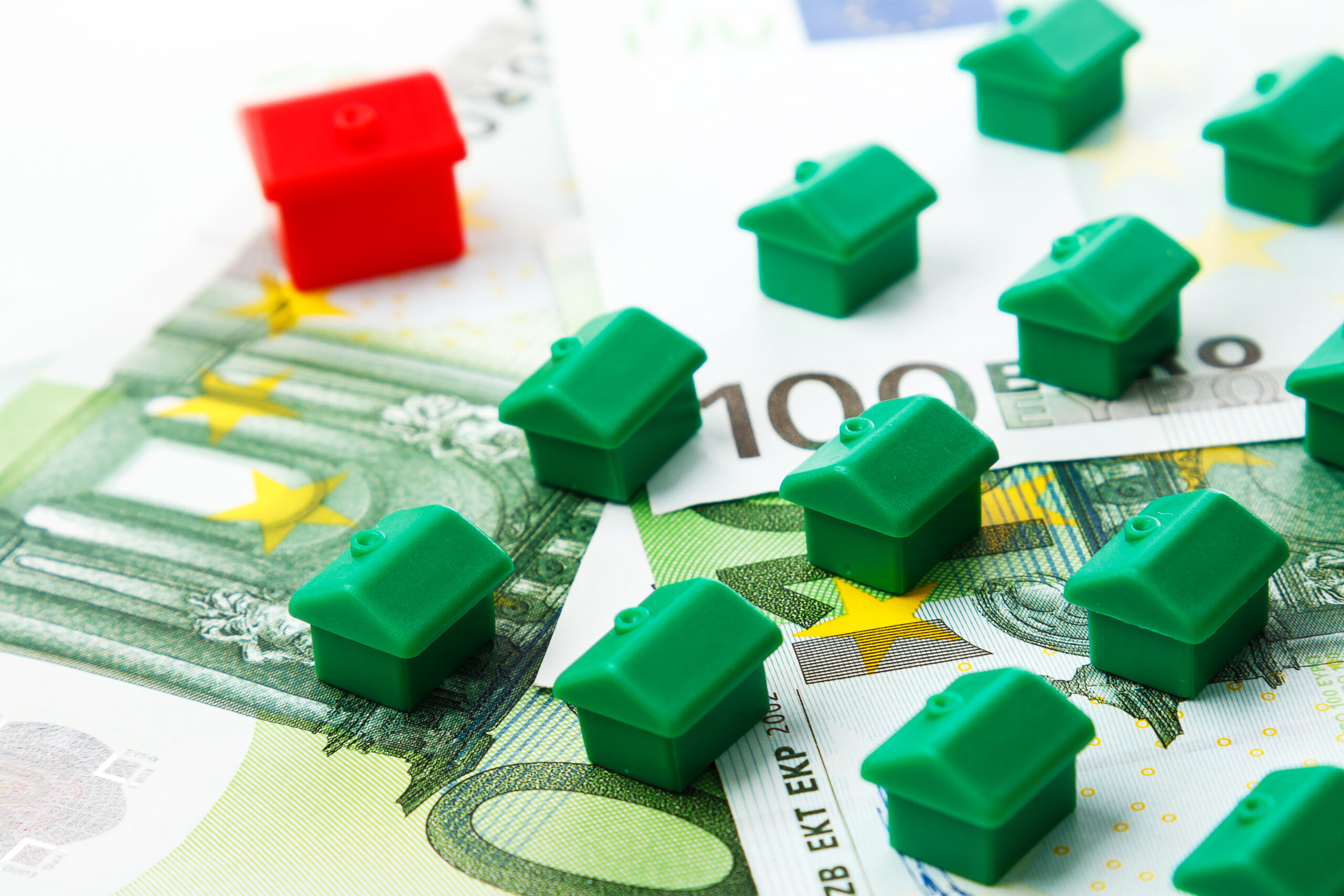The Future of Real Estate

The real estate industry has always been a cornerstone of the global economy, shaping the way we live, work, and interact with the built environment. As we enter the third decade of the 21st century, technological advancements, changing demographics, and evolving societal needs are revolutionizing the real estate landscape. In this blog, we will explore some key trends and predictions that are shaping the future of real estate.
Rise of Smart Cities
The concept of smart cities is becoming increasingly tangible as technology integrates with urban infrastructure. From smart homes with automated systems to energy-efficient buildings and advanced transportation networks, smart cities are transforming the way we experience urban life. These interconnected systems will enhance efficiency, sustainability, and overall quality of life for residents.

Emphasis on Sustainability
As environmental concerns take center stage, the real estate industry is witnessing a shift towards sustainability and eco-friendly practices. Sustainable building materials, energy-efficient designs, and renewable energy sources will become standard in construction projects. Additionally, green building certifications will gain prominence, catering to a growing market of environmentally-conscious consumers.
Virtual Real Estate Transactions
Advancements in virtual reality (VR) and augmented reality (AR) are revolutionizing the real estate transaction process. Buyers can now explore properties remotely, taking virtual tours and experiencing immersive 3D walkthroughs. These technologies save time, increase convenience, and enable international buyers to invest in properties without physically visiting the location.
Co-living and Co-working Spaces
Changing demographics, especially among millennials and Gen Z, are driving the demand for flexible living and working arrangements. Co-living spaces that foster a sense of community and co-working spaces that provide a collaborative environment are gaining popularity. These spaces not only cater to the needs of digital nomads and freelancers but also promote social interactions among residents and workers.

Integration of Artificial Intelligence (AI)
Artificial Intelligence is reshaping the real estate industry in multiple ways. AI-powered algorithms analyze market trends, predict property values, and optimize rental prices, helping investors make informed decisions. Additionally, AI-driven chatbots are streamlining customer service and support, providing quick responses to inquiries and addressing concerns promptly.
Blockchain and Smart Contracts
Blockchain technology has the potential to revolutionize property transactions through smart contracts. These secure, automated contracts eliminate the need for intermediaries, such as real estate agents and escrow services, reducing costs and increasing transparency. Blockchain also ensures the authenticity of property records and reduces the risk of fraud.
Focus on Health and Wellness

The COVID-19 pandemic has highlighted the importance of health and wellness in our living and working spaces. Future real estate developments will prioritize features like improved indoor air quality, access to outdoor spaces, and the integration of health-focused amenities such as gyms and wellness centers.
Conclusion
The future of real estate is dynamic, driven by technological innovations, changing demographics, and a growing focus on sustainability and well-being. Smart cities will offer unprecedented levels of connectivity and efficiency, while virtual transactions will redefine how properties are bought and sold. AI, blockchain, and smart contracts will streamline processes, enhancing transparency and reducing costs. As the industry continues to evolve, embracing these trends will be crucial for real estate professionals and investors to thrive in an ever-changing market. By staying adaptable and embracing innovation, we can build a future where real estate continues to be a fundamental pillar of modern society.
Share




